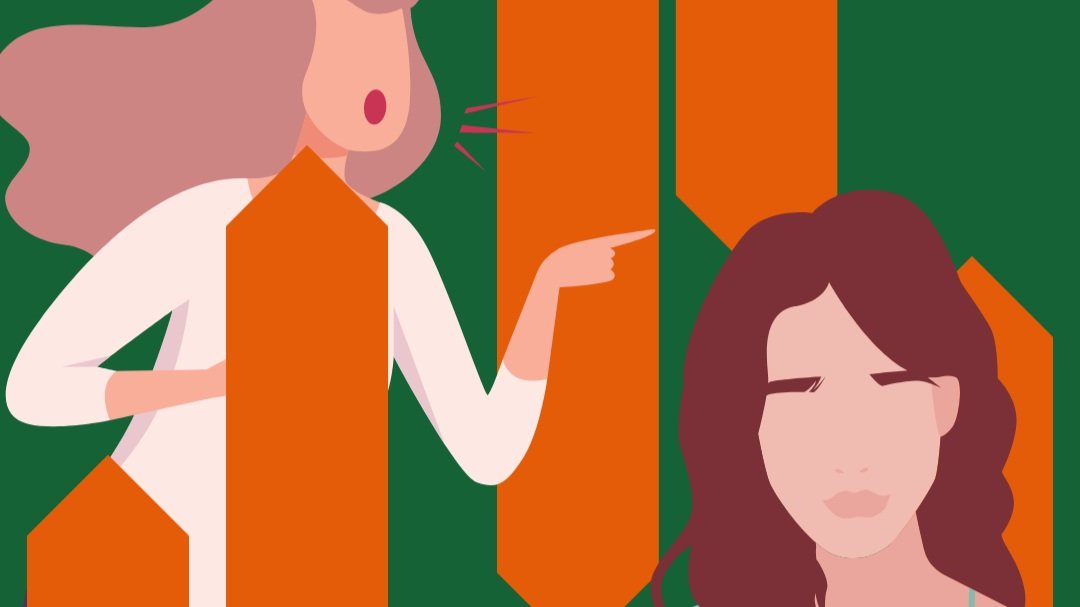Ace Dad Advice: What if I'm not ace and just lying to myself?
D writes:
I had a chance to talk to my sister for the first time since realizing I was Ace. After discussing with her my history of attraction, my lack of relationship experience, and how I always saw myself with somebody, but felt overwhelming anxiety any time I actually dated anybody, my sister (a psych nurse) proceeded to psychoanalyze me. She thinks that my feelings stem from anxiety and age-related apathy to sex.
I haven't suddenly stopped dating or looking for a man. I never did much of that in the first place. I haven't stopped watching romantic movies,.I always liked that stuff. And I haven't stopped thinking "there ain't nothing wrong with that man" when it comes to The Rock or Chris Hemsworth. The thing I am thinking, based on all the videos I have seen, including yours, is that it doesn't matter how I came to be ace if this is what I really am.
But what if I'm lying to myself? What if I'm not really ace, I'm just anxious when it comes to relationships?
Hey D -
While your sister was probably trying to be helpful, she committed the most common error folks make when someone comes out to them as ace: she didn’t “Yes, and…”
(In improv, “Yes, and…” is the first rule. You always take whatever suggestion or idea your partner provides without judgment — and without saying “no” — and build upon it.)
When we come out to people, we want a “Yes, and…” We want them to affirm what we’ve just bravely shared with them, and we want them to proceed with curiosity and support. We don’t want to be psychoanalyzed or, worse, simply negated.
When someone we love and trust receives our vulnerability with more of a “no” than a “yes,” it can cause us to doubt the veracity of that vulnerability. If this person I love doesn’t believe this, maybe I shouldn’t either.
Ace folks experience this all the time. We experience this from people that are close to us, in situations much like this. And we experience it from strangers, too — that Twitter commenter who says our sexuality is made-up, microaggressions from acquaintances and friends, jokes about asexuality in the culture at large, the absence of asexuality in the culture at large. There are plenty of messages around us all the time telling us we maybe don’t know what we think we know.
That’s why we have to trust ourselves. No one knows what’s happening inside us better than we do. We live our lives. We exist in our bodies and minds. We are the authority on our own experience. That authority should be trusted by others , even when it’s confusing or unfamiliar. And we should trust it, too.
It doesn’t matter how you arrive at being asexual. Maybe you figure it out when you’re 17. Maybe you figure it out at 57. Maybe it’s something you’ve always felt. Maybe it’s something that’s evolved, but true. Maybe it’s the result of trauma. Maybe you don’t know what it’s the result of. Whatever the case — if you decide, in your own body and mind, that you aren’t or only rarely experiencing sexual attraction, then you’re ace.
Stop asking yourself “Am I lying to myself?” “Am I just anxious?” “Am I just…"?” These questions don’t serve you.
The more important questions are “Does being ace feel like the truth?” “Does calling myself ace make me feel more like myself, more whole?” “Does being ace describe what I experience?”
If you’re answering “yes,” none of the other questions matter. Your relationship to your own sexual orientation (or any of your identities) is yours. Believe yourself.
If you’re not on your own team, you’re missing out on your greatest advocate.
Need advice on love, sex, life or relationships? Send your questions to cody@acedadadadvice.com.

